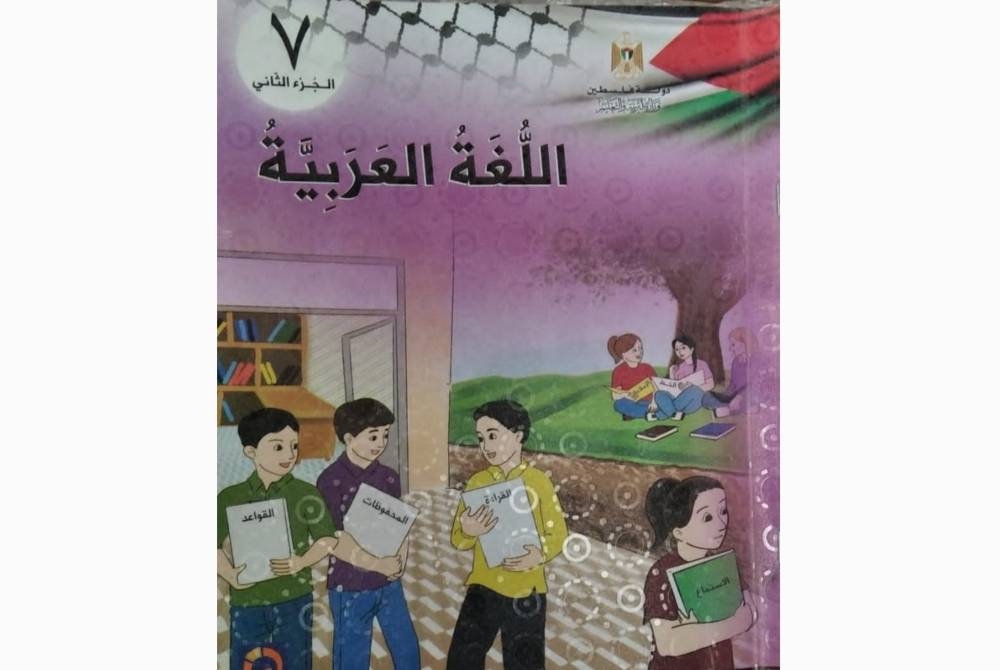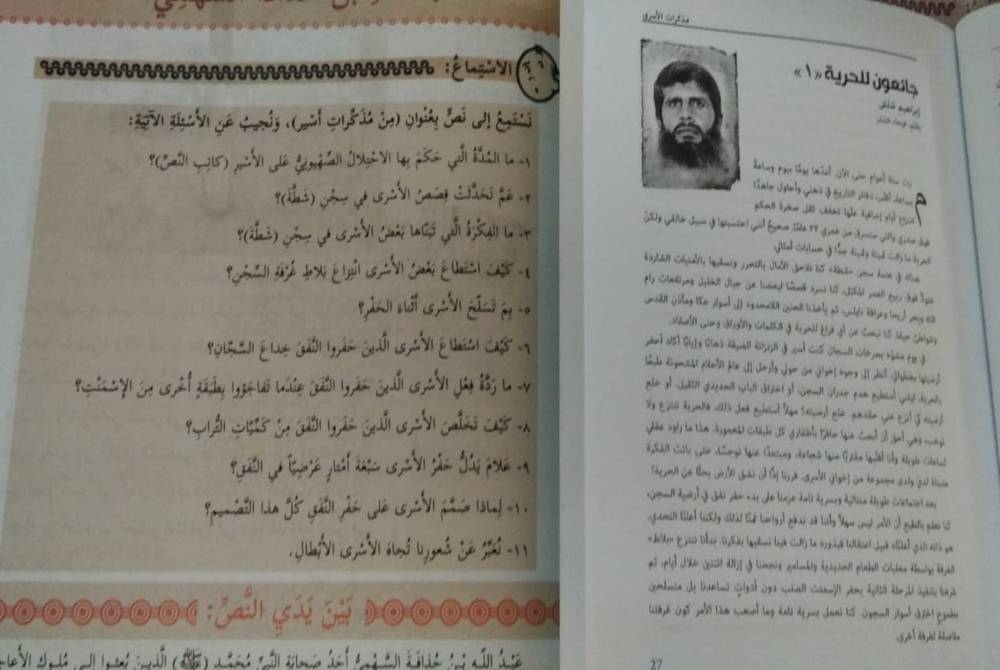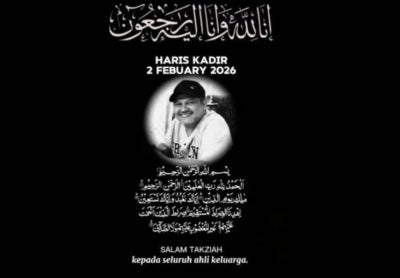Palestinian seventh grade Arabic curriculum adopts story from 2013's 'The Prisoners' Diaries' book
SYDI ALIF
SHAH ALAM - A story from the Arabic version of 2013's “The Prisoners' Diaries: Palestinian Voices from the Israeli Gulag” has been adopted into the Palestinian seventh grade Arabic Studies curriculum in the West Bank and Gaza.
This was shared by its author and social activist Puan Sri Norma Hashim.
Norma said it was included in the curriculum for Arabic Studies as the language used by the prisoners in telling the stories was vey poetic.
Her book which was in English came to light with the help of author Yousef M. Aljamal who translated the stories dictated in Arabic to English.
Besides that, Norma said the decision to include the stories was to instil pride in Palestinians at an early stage especially when they were still young.
“The other reason is for nationalistic purposes to instil pride in Palestinians for their brethren who are in prison for resisting the occupiers of their land,” she said.
The story in particular followed a male prisoner Ibrahim Shalash who left behind a wife and a pair of twins underway when he was first arrested by the Israeli occupation forces in September 1995.

In an interview with Palestine newspaper, his wife known as Umm Zaid said in September 1995, the occupation forces arrested her husband, and at the time, she was at the hospital to give birth to their twins Malik and Musab.
Ibrahim was one of the 70 prisoners who were released by Israel in the Gilad Shalit prisoner exchange also known as "Wafa al-Ahrar" (faithful to the free) following a 2011 agreement between Israel and Hamas to release Israeli soldier Gilad Shalit in exchange for 1,027 prisoners.
According to Umm Zaid, for eight years, the occupation authorities have continued to arbitrarily detain a number of the editors of the "Wafa al-Ahrar" deal, which was a serious violation of the terms of the deal as well as the Geneva Conventions which required international guarantees of the exchange deal to intervene to stop the Israeli violation.
In the interview, Umm Zaid said during Ibrahim’s first arrest which he spent 17 years behind bars, the latter was sentenced to life imprisonment and 35 years jail on charges of being a member of the Al-Qassam Brigades (Hamas military wing).
"We used to count them (Ibrahim’s jail time) by month, week and day,” she said.
For Umm Zaid, her husband's second detention was one of the most difficult and painful time for her family and it was way harsher than the first.
This, she said was because their children were still young and had never seen or lived with him.
She said after Ibrahim’s liberation following the “Wafaa Al-Ahrar” deal, it was a different story as the latter had spent a short yet significant amount of time with the family before being nabbed again causing a great cost of grief.
The housewife said Ibrahim’s second detention was difficult as the latter had missed the important stages of their children’s lives.
The most difficult and painful time was when their eldest son Zaid got married and his father was unable to be there to share the beautiful moment with them, Umm Zaid added.
However, she said Ibrahim, whom she had yet had the chance to visit for nearly two years in the occupation prison, lived in high spirits and bears hope to live with his children and grandchildren.
In 1998, the rearrested prisoner tried to escape from the Shata prison with some of the other inmates by digging an underground tunnel from inside the cell.
However, not long after they succeeded, they were dragged back in by the occupation forces.
Download Sinar Daily application.Click Here!














